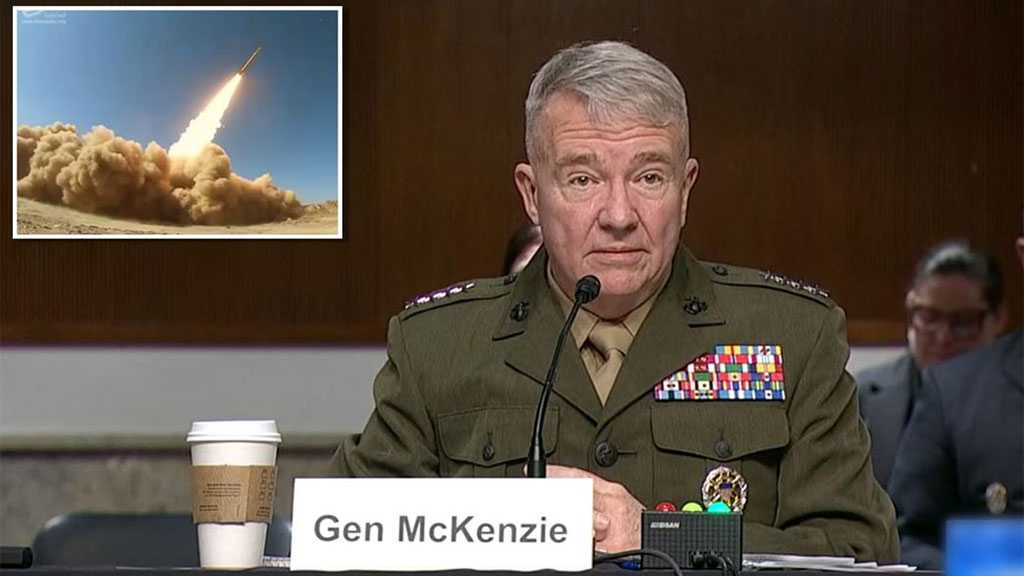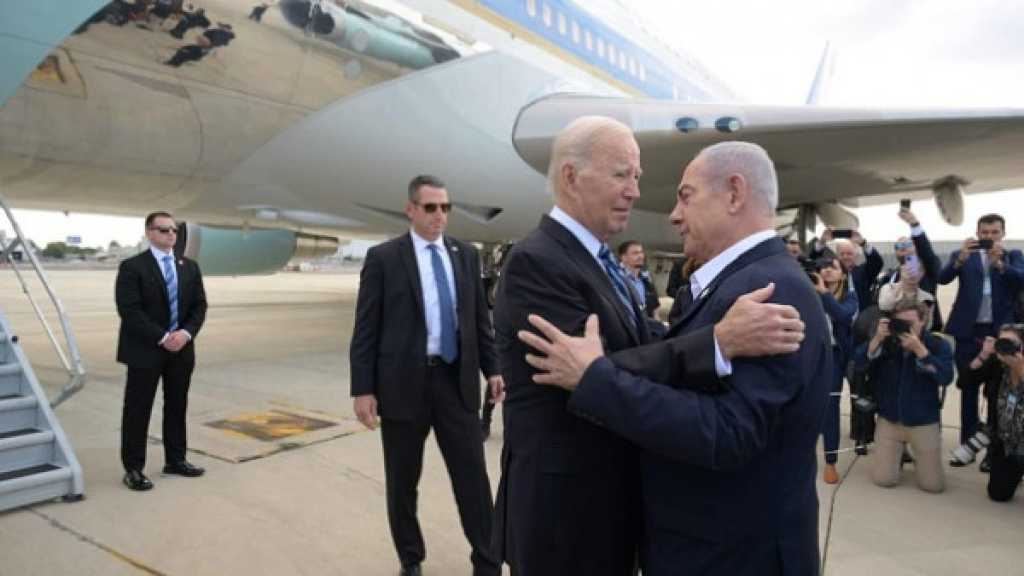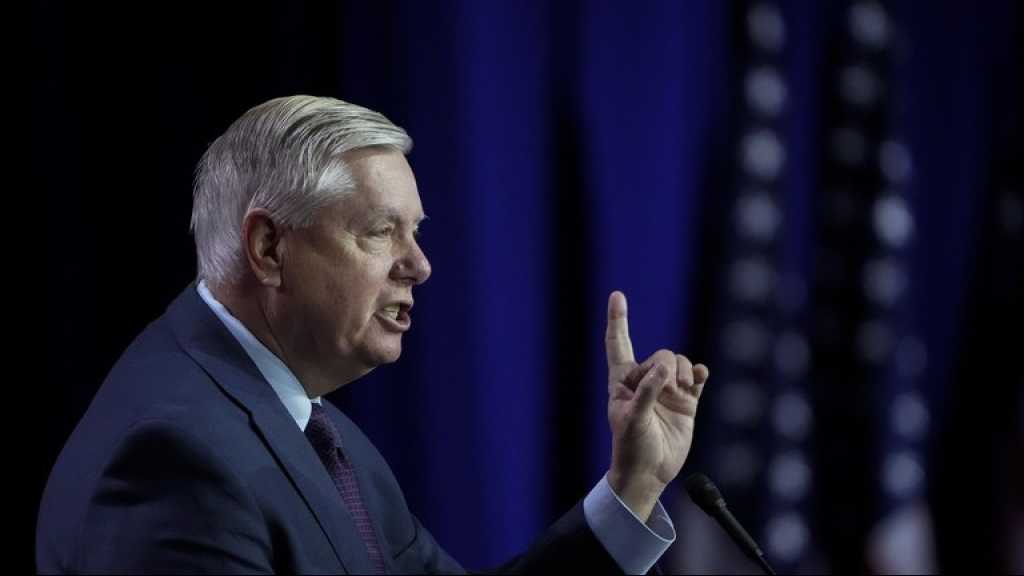
Iran Has 3,000 Ballistic Missiles, Many That Can Reach ‘Israel’ – General McKenzie

By Staff, Agencies
Iran has more than 3,000 ballistic missiles, many of which can reach the ‘Israeli’-occupied Palestinian territories, according to the commander of the United States Central Command Gen. Kenneth McKenzie.
McKenzie, who is retiring from the military soon, was in the occupied territories last week and held talks with Zionist Prime Minister Naftali Bennett, War Minister Benny Gantz, and military chief Lt.-Gen. Aviv Kohavi.
“At a military level my concern is first of all that they do not have a nuclear weapon but I am also very concerned about the remarkable growth and efficiency of their ballistic missile program,” McKenzie told the Senate Armed Services Committee on Tuesday.
"They have over 3,000 missiles of various types, some of which can reach Tel Aviv," McKenzie said in response to a query by the senate committee.
In Mckenzie's written statement, he called Iran’s missile force the greatest threat to the region’s security, and that Iran has developed an arsenal of nuclear-warhead capable ballistic missiles and has tested these weapon platforms multiple times. He told the committee that over the last 5-7 years Iran has invested heavily in its ballistic missile program.
McKenzie also expressed concern about Iran's drone program. Iran's drone fleet has evolved from "commercial off-the-shelf" UAVs to drones that resemble cruise missiles in terms of increased speed, range, accuracy, resistance to electronic warfare, and warhead weight, he assessed in his statement. Iran has also been able to mass-produce the drone components, he added.
Also in prepared remarks to the committee, McKenzie claimed that the transfer of ‘Israel’ to CENTCOM two years ago “opens the doors to numerous strategic opportunities—including by enabling CENTCOM to more closely align our regional partners against common threats, such as those posed by Tehran.”
Comments
- Related News



